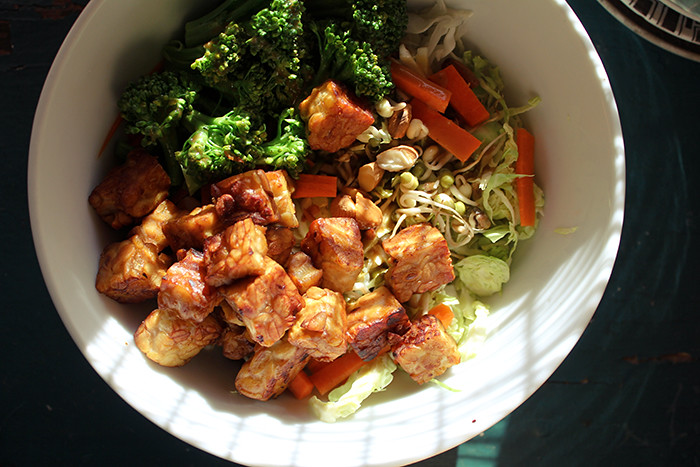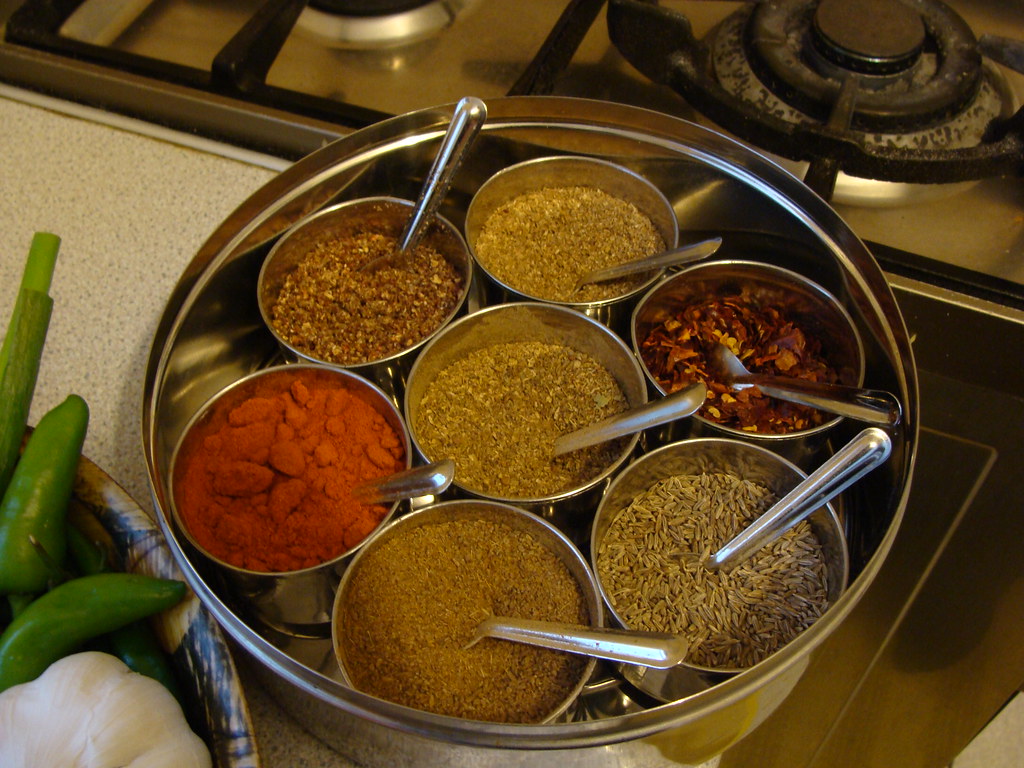Eating Meatless on the Cheap

More Americans are eating diets excluding meat than ever before. These decisions are motivated by the health risks, animal rights issues, and environmental concerns that all result from high levels of meat consumption. Convincing imitation meats are hitting mainstream retailers and restaurants, but for people making the switch to meatless alternatives, price tags can be a turn off.
Frequent barriers to meatless diets are a lack of familiarity with meatless options, and the considerable price of some meat replacements. Many grocery stores relegate meatless protein to obscure departments within the store, and many consumers feel that they need to shop at specialty stores in order to change their dietary habits. But, this doesn't have to be true. The tips that follow should help those interested in adopting a meatless, or less meat reliant lifestyle with the knowledge they need to execute this lifestyle change confidently.
Some tips that will help any consumer looking to get the most out of their grocery budget:
-Avoid high mark-up specialty stores like Whole Foods or New Seasons if what you're shopping for can be found at the wholesellers (which it usually can).

-Use bulk bins! Buying from bulk bins is a great way to save money per weight of the food you purchase, as well as shop for your appropriate consumption habits, and reduce the ecological footprint of the packaging for your food.
-Buy seasonal produce and local products: In addition to fresher produce and and a reduced ecological footprint, buying seasonal, local produce is often cheaper than buying imported produce out of season.
Great meatless foods on a budget:
-Beans. Dry beans are a common dietary staple in many different cultures, and it is easy to understand why. They are a complete food, with carbohydrates, fats, and proteins, and they are extremely cost-efficient.

-Lentils. Lentils share many of the same benefits as beans, and are a very versatile food as well. They are great in soups and stews.
-Rice. Another worldwide staple, rice is an excellent primary source of complex carbohydrates that can be the main source of energy in many diets. Also extremely cheap!

-Sweet Potatoes. Also a great complex carbohydrate, with plenty of micronutrients (such as B vitamins) that are commonly found in vegetables and...
-Fruit. A great way to supplement your body with micronutrients it needs, and also very delicious. Many fruits are seasonal, so prices will vary, but many fruits are affordable year-round and frozen fruits are often quite cheap as well without compromising taste or health benefits (canned fruit, not so much).

-Seitan. A meatless protein option that is essentially just hydrated wheat gluten. While not an option for sufferers of celiac disease and gluten sensitivity, it is a great source of textured protein for those who are not incompatible with wheat. This protein option is especially cheap when it is prepared at home, which is very quick and easy to do.
-Tofu and Tempeh. Tofu and Tempeh are very similar, as both are protein rich, well-rounded foods derived from soybeans. The main difference is that tempeh is a direct result of cooking and fermenting soybeans, while tofu is processed a bit more. The result is that tempeh is a much more textured food, great for those who want to simulate the texture of meat options. Both foods are relatively friendly to those on a budget, and great options for a meatless diet, if not staples.

-Seasoning! Meatless protein options can lack flavor on their own, so prepare to season them accordingly. I am a firm believer that proper seasoning elevates any dish, regardless of the ingredients.
Hopefully this short guide will help those interested to transition from a meat-heavy diet and enjoy the benefits of a more meatless diet. For recipes involving many of the aforementioned foods and more, check out the inspiring user posts on https://www.reddit.com/r/VegRecipes/.

Comments
Post a Comment
Let your knowledge, ideas, and innovation be heard. Tell us what you think and know about this topic.